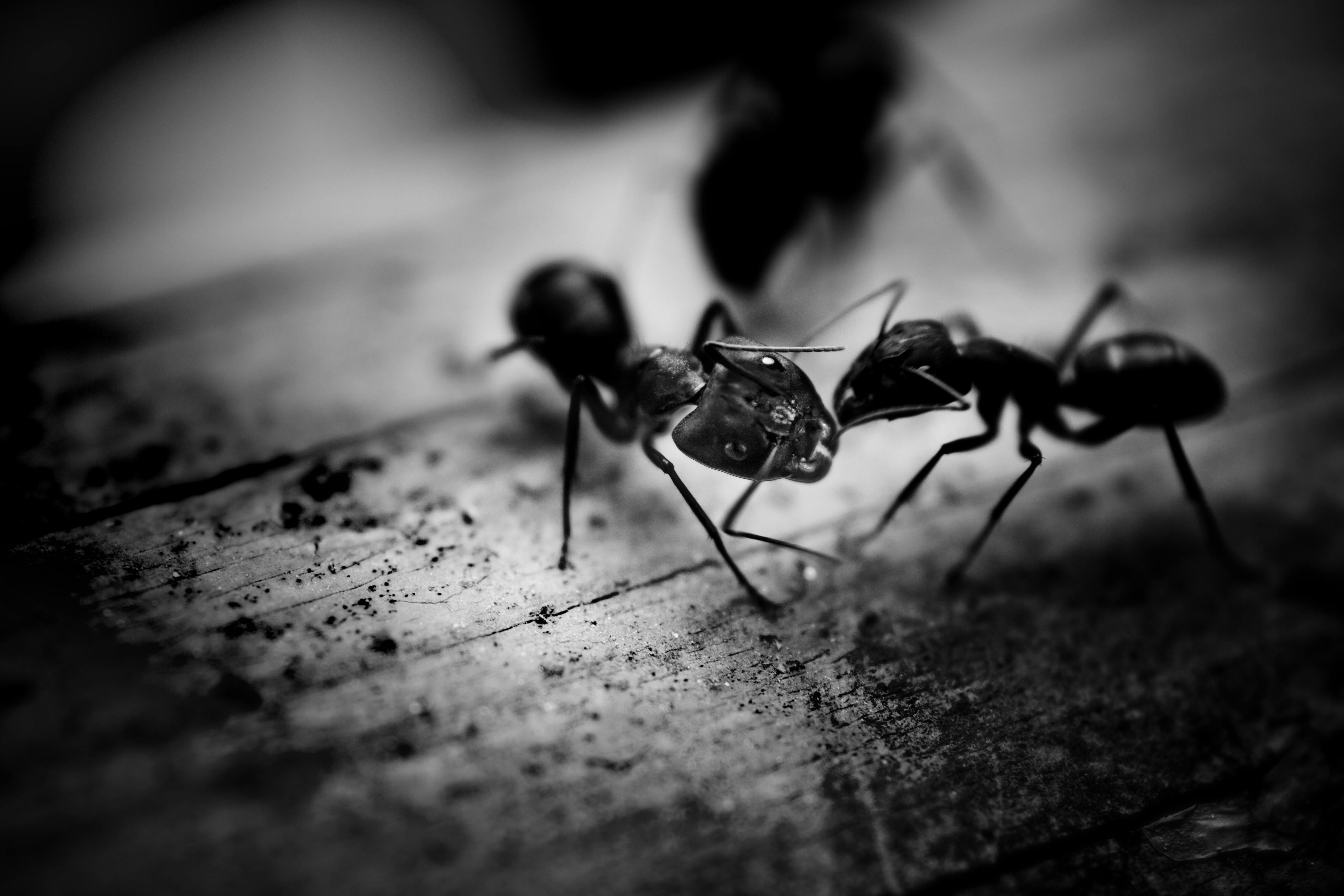The Curious World of Ant Farms: An Entomological Hobby on the Rise
Ant farms: those little glass boxes filled with sand or soil, housing hundreds of tiny workers tirelessly tunneling intricate pathways. This article delves into the fascinating world of ant keeping, a hobby that has seen an upsurge in popularity in recent years.

A Brief History of Ant Farms
The concept of ant farms has been around since 1907, but it was only in 1956 that Milton Levine, inspired by a childhood fascination with ants, created the first commercially available ant farm. The “Uncle Milton’s Ant Farm” kit was a huge hit, selling more than 20 million units globally since its inception, and igniting an interest in entomology among several generations.
The New Wave of Ant Farming
In recent years, a resurgence in ant farm popularity has been observed, particularly among millennials and Gen Z. This new wave of ant farming is fueled by modern design innovations, such as 3D-printed ant farms and live-streamed ant colonies, as well as the increasing interest in insect ecology and conservation. Ant farms are now seen as not just educational toys, but also as living art installations and a means of connecting with nature.
The Market for Modern Ant Farms
Modern ant farms come in a variety of designs, from the traditional sand-filled box to sleek, LED-lit acrylic habitats. Prices range from $20 for basic kits to $300 for high-end models, indicating a significant market for these products. While precise market size and revenue data are difficult to obtain, the proliferation of manufacturers and online retailers suggests a thriving industry.
The Scientific Value of Ant Farms
Ant farms provide a unique opportunity to observe ant behavior and social structure in a controlled environment. They have been used in numerous scientific studies, shedding light on topics such as division of labor, communication methods, and responses to environmental changes. These insights have applications in fields as diverse as robotics, traffic management, and even space exploration.
Ant Farming as a Conservation Tool
Ant farming can also play a role in conservation efforts. Some species of ants are threatened by habitat loss and climate change. By maintaining ant colonies in captivity, enthusiasts are contributing to the preservation of these species. Furthermore, ant farms can serve as educational tools, raising awareness about the importance of invertebrates in ecosystems.
Ant farming is a hobby that combines entertainment, education, and conservation. As this fascinating pastime continues to gain popularity, it will not only inspire a new generation of entomologists, but also contribute to a greater understanding and appreciation of the natural world. Whether you’re a budding scientist, a nature enthusiast, or simply looking for a unique and engaging hobby, consider diving into the world of ant farms.





